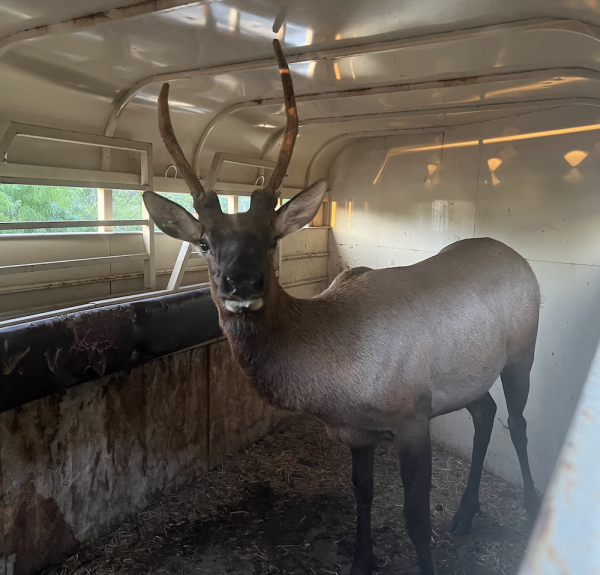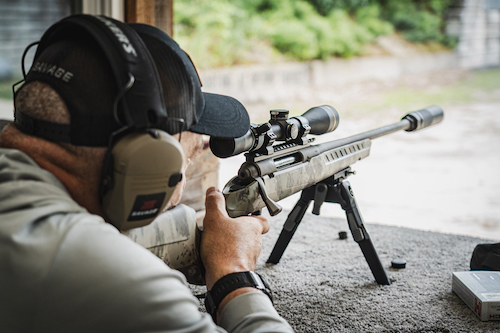Weatherby Introduces the Mark V Backcountry Guide and Guide Ti

Sheridan, WY –– Weatherby, a renowned firearms manufacturer, proudly announces the launch of the Mark V® Backcountry™ Guide and Guide Ti, the latest additions to the popular Backcountry™ line of rifles. Starting at just 5.1 lbs, the Backcountry Guide Series sets a new benchmark for lightweight mountain rifles. These rifles feature shorter BSF carbon barrels and Peak 44 carbon stocks with factory-installed Spartan Precision mounts.
Peak 44 Blacktooth Stock with Spartan Precision Technology
The Peak 44 Blacktooth stock is engineered to be the lightest and strongest carbon fiber stock on the market. Each stock features a patented carbon fiber bedding block that engages the front recoil lug, transferring recoil force directly to the exterior shell, this results in reduced felt recoil for the shooter. The Blacktooth’s 3D Hex recoil pad further enhances recoil management by stretching the time component of recoil, turning a sharp kick into a gentle shove through its honeycomb structure. The forend features two factory-installed Spartan Precision Gunsmithing adapters for seamless use of their ultralight accessories.
BSF Barrels Read more









